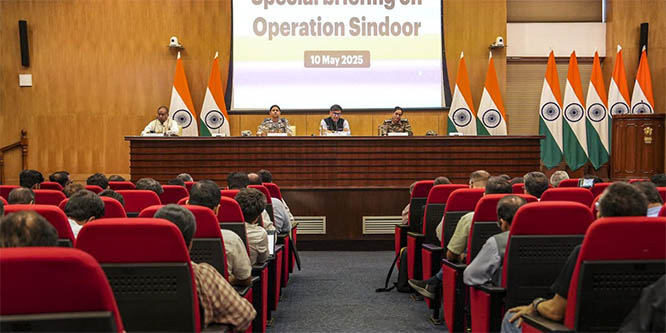Hyedrabad, Apr 16: Expressing disappointment over the acquittal of all accused in the 2007 Makkah Masjid blast case, a witness on Monday said that justice was both delayed and denied.
Mohammad Irfan had spotted the second bomb and handed it to the bomb squad on the fateful day at the mosque.
Speaking to media, Irfan said, "Today, the judgement that came reminds us of the popular English saying- though justice is delayed but justice isn't denied, but today justice was both delayed and denied."
Terming the verdict a "matter of shame" for the country, Irfan added, "I still have faith in our judiciary. Higher courts will deal with the case, and if the investigative agencies work harder, the real culprits will soon be caught."
The blast, which took place on May 18, 2007 at the Makkah Masjid in Hyderabad during Friday prayers, had killed eight people and left 58 injured. It was allegedly carried out by a group of right-wing terrorists.
Recounting the day, Irfan said that he had spotted another live bomb amid the commotion that followed the first blast, and handed it over to the bomb squad.
"I got awards at both the national and state level for it," he said.
Earlier in the day, a special National Investigation Agency (NIA) court at Nampally acquitted five accused in the Makkah Masjid blast case, citing lack of evidence provided by the NIA against them.
Out of a total of 10 accused named in the case, only five faced trial, as one died while others are still absconding.
Also Read: Swami Aseemanand, associates acquitted in 2007 Makkah Masjid terror attack case








Comments
Add new comment